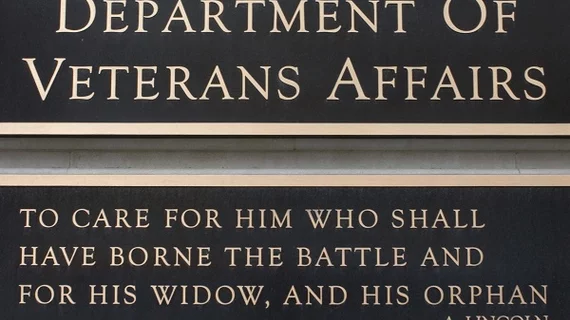Report: Informal 'Mar-a-Lago Crowd' runs VA, questioned $16B Cerner EHR deal
On Tuesday, Aug. 7, ProPublica published an exposé that claims three friends of President Donald Trump—dubbed the Mar-a-Lago Crowd because they frequent the president’s Florida golf club—are secretly running the show at the U.S. Department of Veterans Affairs.
The report—which included hundreds of documents obtained through Freedom of Information Act and interviews with former VA officials—includes an interesting anecdote about the VA’s turbulent EHR deal with Cerner.
It claims former VA Secretary David Shulkin, who was fired in March, flew down to Mar-a-Lago in February to meet with e “shadow leaders” of the VA include Palm Beach doctor Bruce Moskowitz, MD; Marc Sherman, a lawyer; and Marvel Entertainment Chairman Ike Perlmutter, who acts as a secret, pseudo-director of the VA.
Why did the VA Secretary have to meet with the three friends of the president? Because Moskowitz didn’t like it. At the time, Politico reported how the doctor’s preferences were threatening a 10-year, $16 billion deal.
“Moskowitz had used a different Cerner product and didn’t like it,” the ProPublica story claimed. “He complained that the software didn’t offer voice recognition, even though newer versions of Cerner’s product do. For months, the Mar-a-Lago Crowd pressured Shulkin to put the contract through additional vetting.”
The deal was eventually finalized—but not before Shulkin was axed.
Click here for more of ProPublica’s reporting about the influence of informal advisors on VA policy.

